Café Society screened in the Plymouth Arts Centre from 7th-13th October.
A new film by Woody Allen comes loaded with expectation; and Cafe Society is no exception. A period piece set in the 1930’s, it tells a simple story. Bobby Dorfman (played by Jesse Eisenberg) moves from his family home in the Bronx, and travels to Hollywood to work for his Uncle Phil. His uncle (played with relish by Steve Carell) is a big-time Hollywood agent. Bobby’s world is transformed into a series of star-studded parties, where he encounters the most influential players in town. But it isn’t until he meets Vonnie, Phil’s assistant, that life really begins to change. He quickly falls in love with the cool and stylish actress-turned-PA. There’s just one problem – she’s already in love with somebody else.
The film takes off, with comic misfires galore as Bobby tries to navigate his way through the Hollywood jungle. He gets the girl, and then he doesn’t. It’s a comedy of errors, and by making the most of his accomplished cast, Woody Allen has created a film that dances and sparkles. But Cafe Society doesn’t just leave you on a high; its bittersweet ending cuts through to the quick, cleanly and sharply. It’s a film that leaves you in no doubt about the cost of love.
In fact, my only issue with the film may seem quite minor, but once you notice it, there’s no escaping it. Cafe Society makes use of a narrator throughout the film. The voice-over is a New York, born-and-bred wise-guy, commenting on the action. It’s a stock character used many times over in the movies, but here’s the problem: Cafe Society isn’t your average gangster flick. It’s a beautifully-nuanced film about lost love. The voice doesn’t fit – more than that – it’s grating, over-bearing and heavy-handed; entirely the wrong voice for such a delicate drama.
If you’re still not convinced about the importance of getting a voice-over right, just try to imagine Barry Lyndon without the exemplary performance from Michael Hordern. The world-weary, jaded narrator is pitch-perfect, and it makes an already great film even better.
The narrator in Cafe Society needs to be able to move between acerbic wit and mournful loss – the film is written so much in Woody’s voice, (indeed, Eisenberg’s mannerisms are so like Allen’s as to be uncanny) you can’t help but wonder why Allen didn’t take up the role of narrator himself. It may be a small detail, but when the rest of the film works so hard to get it right, it’s a shame that the narrator is so obviously mis-cast.
But where Cafe Society does excel is in its on-screen casting. Eclectic casting is what Woody Allen is justly famous for; he collects and assembles talent from stage and screen with such aplomb that the cast feels organic every time – and that’s not easy to achieve. In the casting of the lead characters, Eisenberg and Stewart not only gel on-screen; they look like a couple brought together by fate, rather than design. Kristen Stewart is delightful as cool, clever Vonnie, while Jesse Eisenberg makes hapless Bobby immensely likeable.
The supporting actors, as you would expect with Allen’s films, are as satisfying to watch as the leads. Ken Stott as Bobby’s father (currently wooing theatre audiences in a UK tour of The Dresser), is one of Allen’s aces – taking us from kitchen-table comedy to wordless grief. Another stand-out is Corey Stoll who plays Ben, Bobby’s hoodlum brother. Allen clearly rates Stoll – he also starred as the rambunctious, brawling Ernest Hemingway in Midnight in Paris.
From the opening bars of clarinet, Allen’s brand can border on formulaic, but a sense of the familiar is overridden by the enthusiasm Allen clearly retains for film-making. The reason why Allen’s films are so hotly anticipated is because the next film could be his best – he is by no means treading water here. He has recently proved himself capable of reaching new heights with both his popular hits and his more serious work: Midnight in Paris was his most commercially-successful film to date, whilst Blue Jasmine wowed the critics and gave Cate Blanchett her third Oscar. While Café Society sits somewhere between the two, this return to form hints that Allen’s best work may yet emerge.
Allen and his films may divide cinema-goers and critics, but at his best, the neurotic charm can be hard to resist. What gives Allen longevity beyond that surface charm is his willingness to create films with bite. Heartbreak, emotional collapse and a startling confession – these are moments in his films that Woody has allowed to be felt at their deepest. For all their cosmopolitan glamour, Allen’s films refuse to shy away from the ugliness of life. There is an emotional reality that punctures the knowing winks and witty asides. Allen, like all great comedians, understands that comedy and pain are two sides of the same coin. To exploit one, you first have to deploy the other.
In summarising Allen’s recent work, while Blue Jasmine remains the high water-mark for the time being, Café Society’s warmth and wit has a lot to recommend it. Where the film succeeds is in its understanding that it is not the earth-shattering moments, but the near-misses, that resonate with us the most. There’s no happily ever after, but as Allen has been telling us since Manhattan – find the pain, and you’ve found your film.
Helen Tope
@Scholar1977

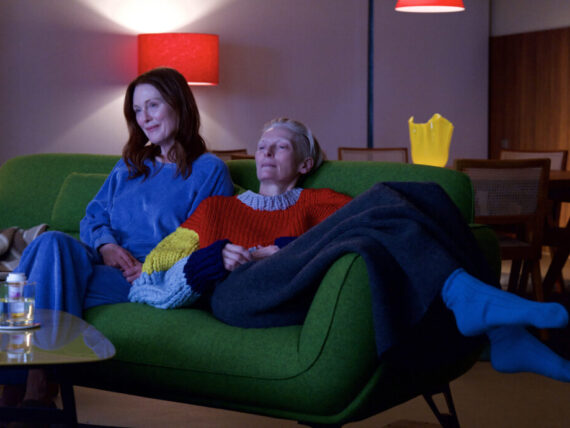
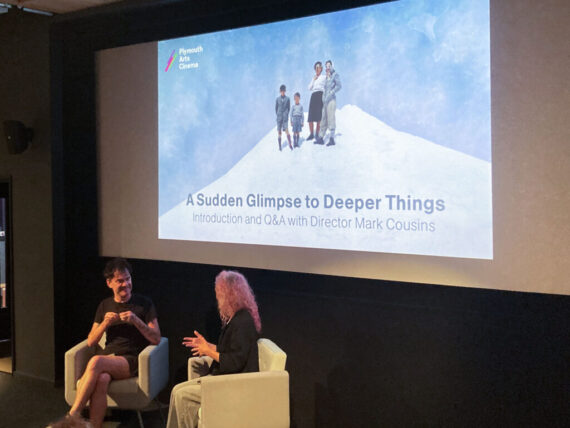
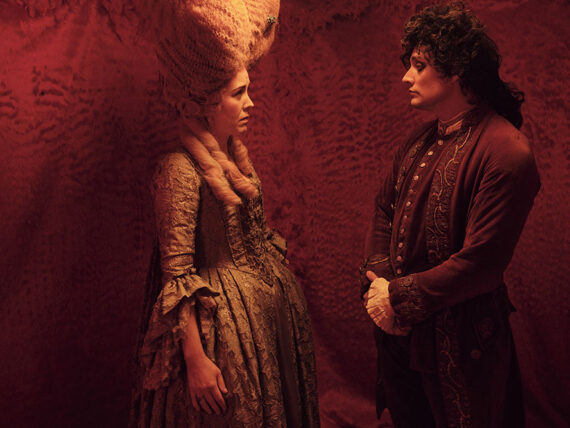
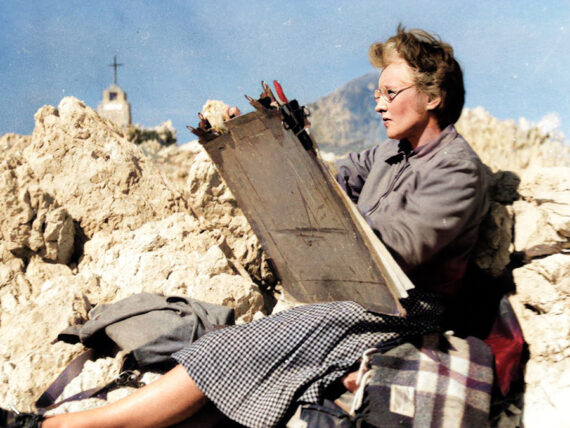
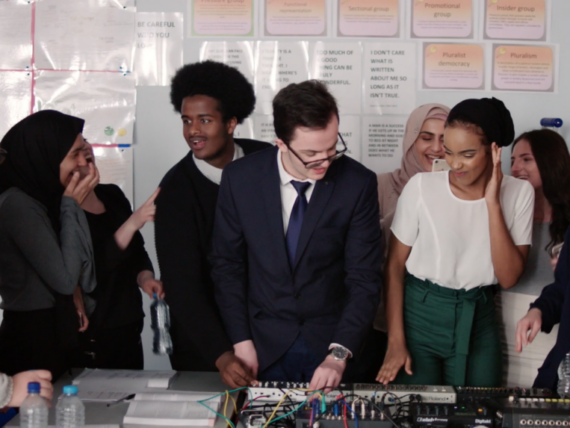
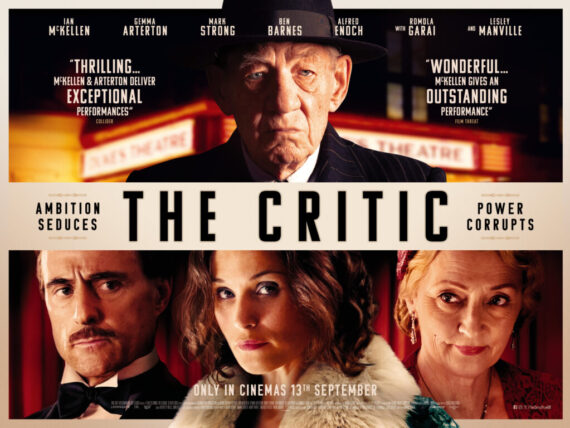
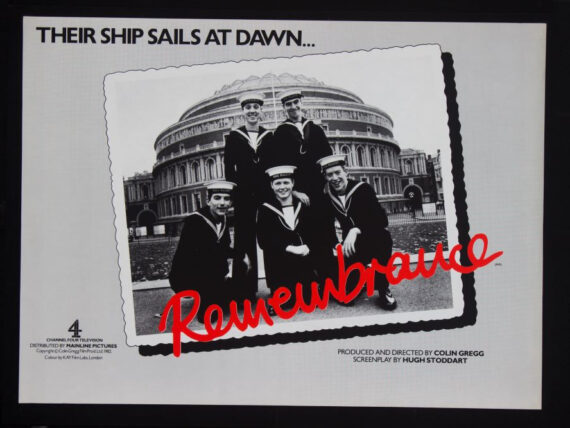
Comments
No comment yet.